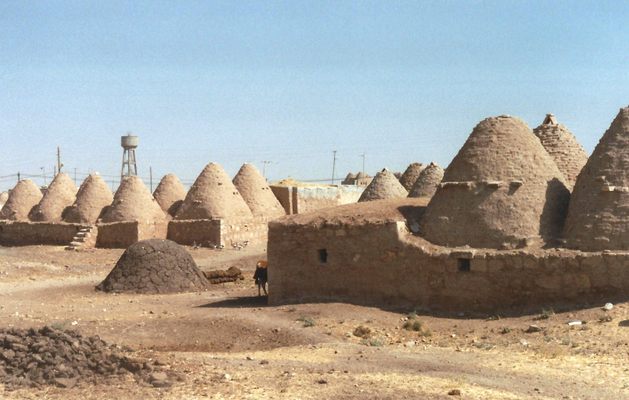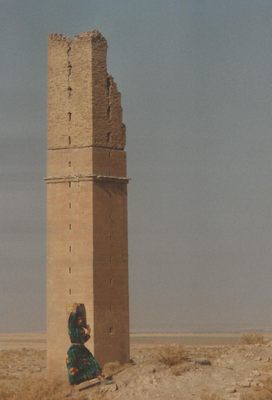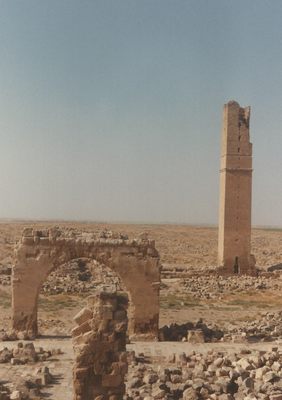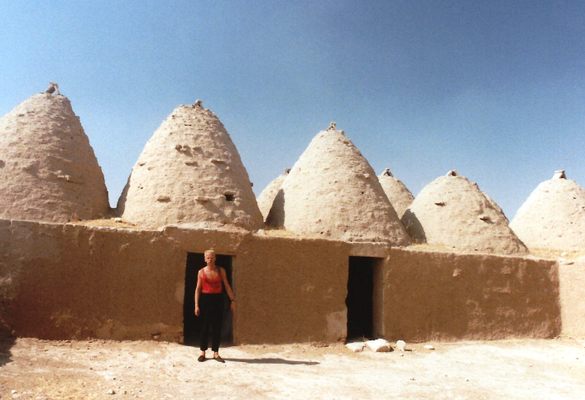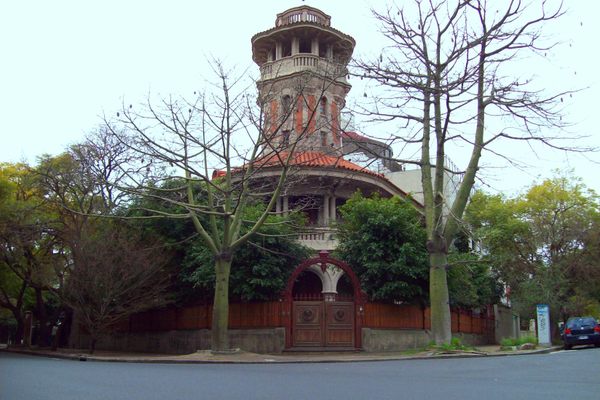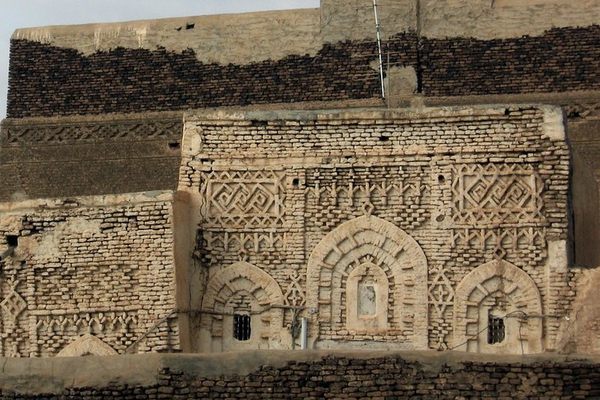About
Located on the route leading from Nineveh to Carchemish, Harran was an important city in ancient times. Yet, the term "ancient" does not do justice to Harran.
Notably, the city is mentioned on several occasions in the Bible, but by Harran's standards this is only recent history. In fact, the earliest mention of Harran dates back to approximately 3,000 BC, when an Eblaite princess became the Queen of Harran. Fast-forward 5,000 years, and you'll find that history hasn't been kind to Harran. Reduced to a nondescript village on the border between Turkey and Syria, the area's grandiose past can only be imagined through its ruins.
What really stands out in the modern village of Harran are the clusters of primitive "beehive houses." This is an architectural tradition that is at least 3,000 years old. Made entirely of mud or clay bricks, these buildings are designed to fence off searing heat and retain cool air. The dome-like structure topped with an opening is also functional, as hot air collects in the upper part of these houses and escapes through the aperture.
The beehive shape of these abodes allows them to withstand earthquakes, violent wind storms, and seasonal heavy rains, which explains why they are still in use these days, thousands of years later. What's more, it is relatively easy to expand the size of a beehive house by simply erecting another hive next to it and knocking an archway through.
Related Tags
Know Before You Go
The above coordinates are for the center of Harran. You can see many beehive houses driving around the village.
Published
October 10, 2017


